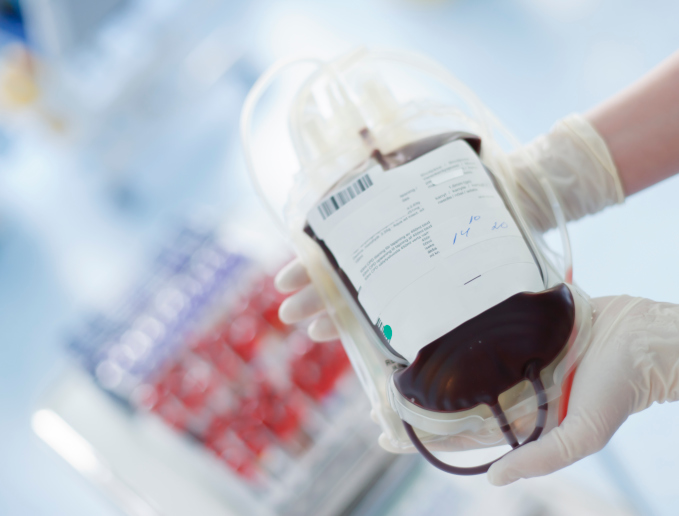Hi, my name is Nancy, and I’ve been a Public Health Nurse now for 14 years. In 2008, I was given the opportunity here at Wellington-Dufferin-Guelph Public Health to lead our health unit’s hepatitis health initiatives and I haven’t looked back since. And, because I love what I do, I wanted to share with you the important role Public Health plays in the battle against hepatitis in our communities, after all, World Hepatitis Day (July 28) is right around the corner!
So, what is hepatitis you ask?
Hepatitis refers to an inflammation of the liver and can be caused by viruses, medicines, alcohol, chemicals and toxins. Hepatitis can cause serious health issues, but often people infected with the virus may not realize they have it. Sometimes, people will only begin to see symptoms in their 50s and 60s or as their immune systems begin to weaken.

There are five different types of hepatitis including A, B, C, D and E. But, in Canada we are most at risk of contracting hepatitis A, B or C. To learn more about the transmission, prevention and treatment for each type of hepatitis visit worldhepatitisday.com. In Canada, we vaccinate against the A and B strains, but there is no vaccine for hepatitis C.
In addition to screening for hepatitis through blood tests taken by Public Health, my role as a Public Health Nurse is to, counsel, connect and arrange care for those with hepatitis. In Canada, we have vaccinations for hepatitis A and hepatitis B (these vaccines can be given at no cost if you meet certain eligibility criteria, please speak to a Public Health Nurse to see if you are eligible).
The majority of people I work with have hepatitis C. There are many ways a person can contract hepatitis C which is transmitted through blood-to-blood contact. Perhaps an individual received a medical treatment like a blood transfusion where the blood was not screened for these viruses. In Canada and the United States we now have screening in place, but until 1990 this was not the case.
 An individual can be exposed to the disease through unprotected sex, relationships with many sexual partners as well as through intravenous drug use (even if it was just one time).
An individual can be exposed to the disease through unprotected sex, relationships with many sexual partners as well as through intravenous drug use (even if it was just one time).
No matter the situation, after learning of a hepatitis C diagnosis through their doctor, there are many feelings a diagnosed individual might feel including sadness, shock or even devastation.
As a Public Health Nurse my role is to follow up with these individuals once they have received their diagnosis, take the time to understand their situation, make sure they are aware of their results, understand the disease and their diagnosis, provide guidance and share next steps including referrals to a specialist or additional testing that may be required. Despite the fact that there is no vaccine for hepatitis C we now have treatments that are 98% effective that are offered through treatment centres like the Sanguen Health Centre Foundation in Guelph.
I am reminded of why I love what I do when I am able to make sure a client is getting the right information and the best treatment possible based on what I know is possible as a Public Health Nurse. It is rewarding when, at the end of a discussion, a person really understands that Public Health is here to protect and support them as individuals in addition to supporting the overall battle against hepatitis in our communities.
In support of World Hepatitis Day, I encourage you to come in and get tested for hepatitis at one of our Public Health clinics. Testing is free.
